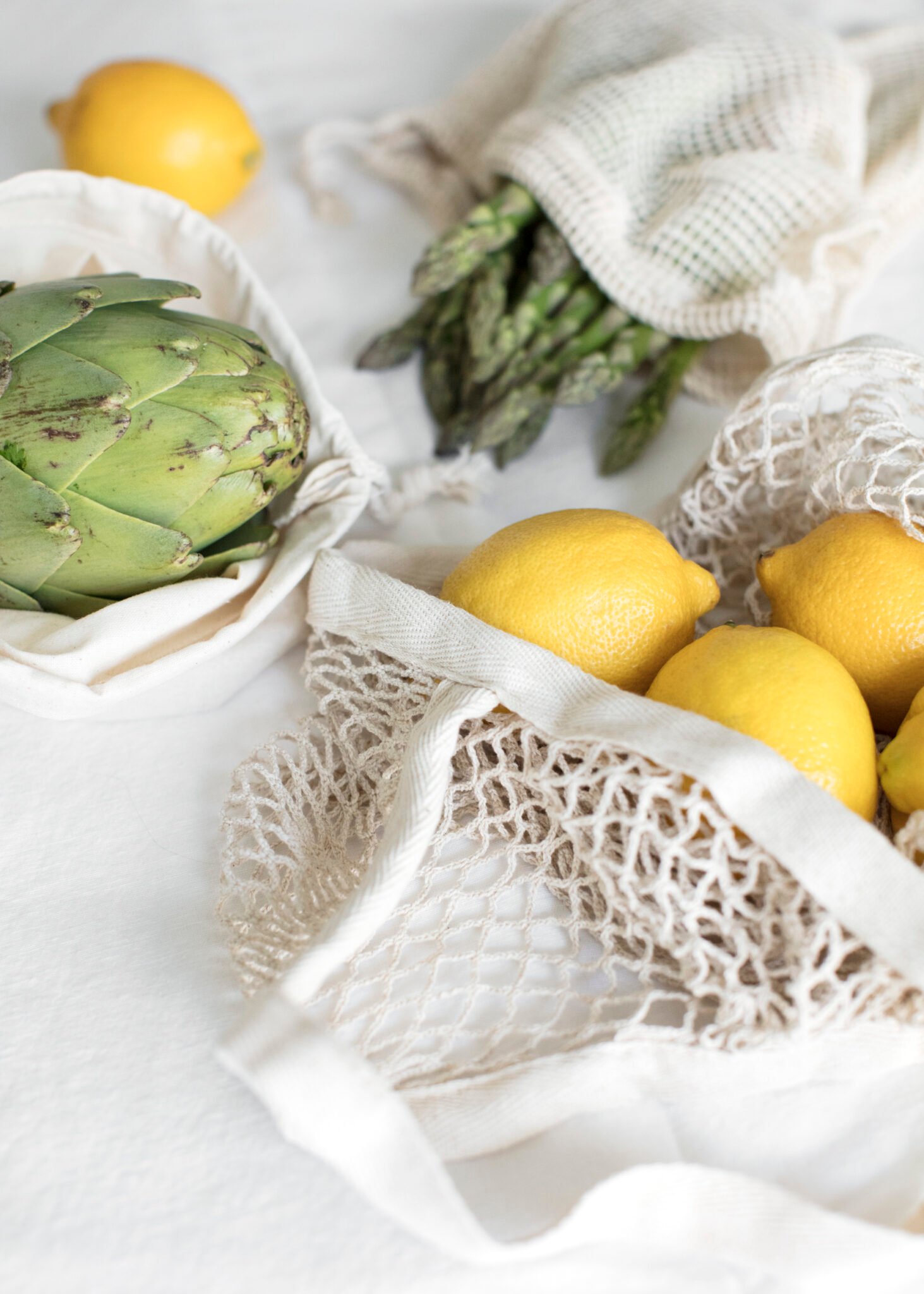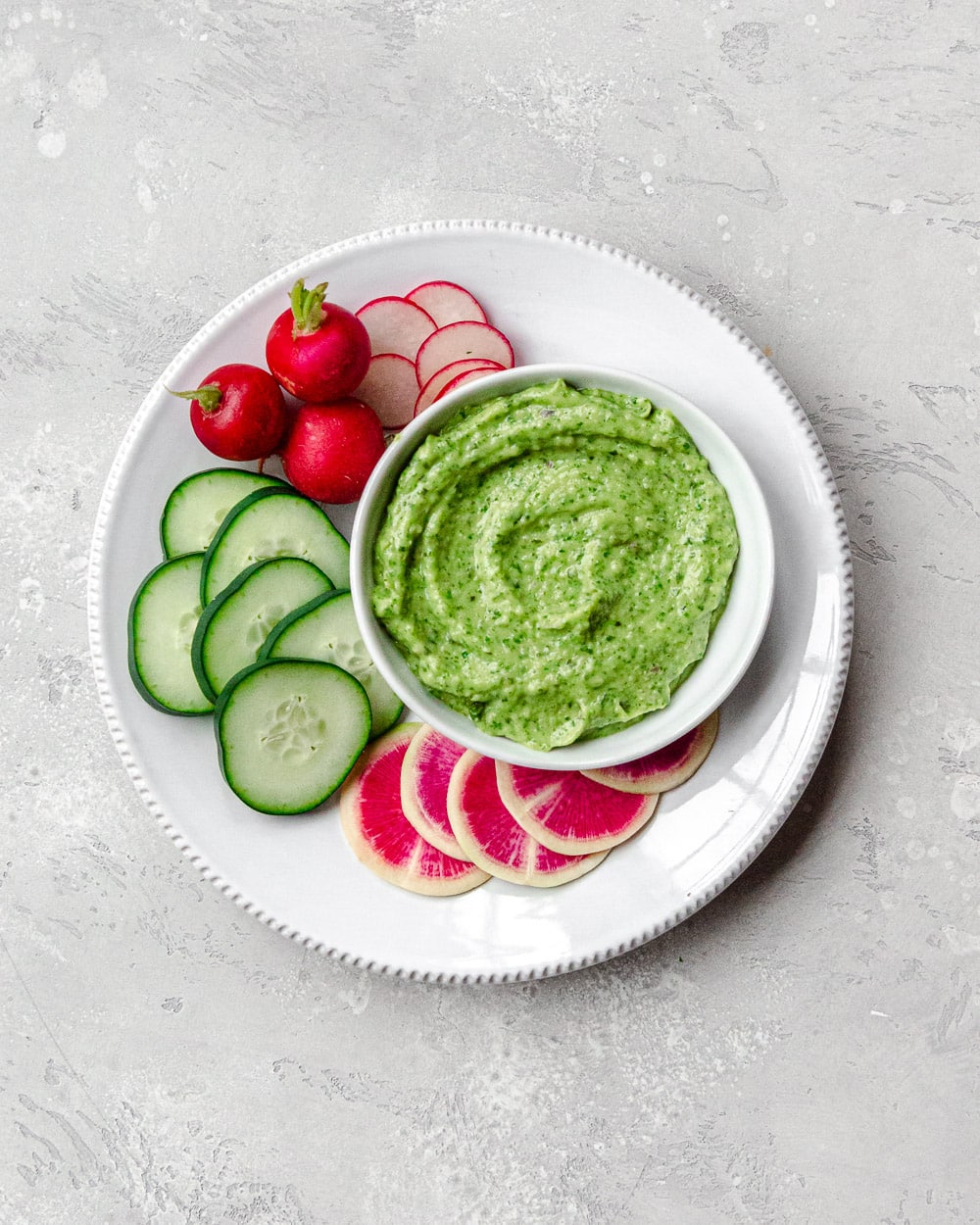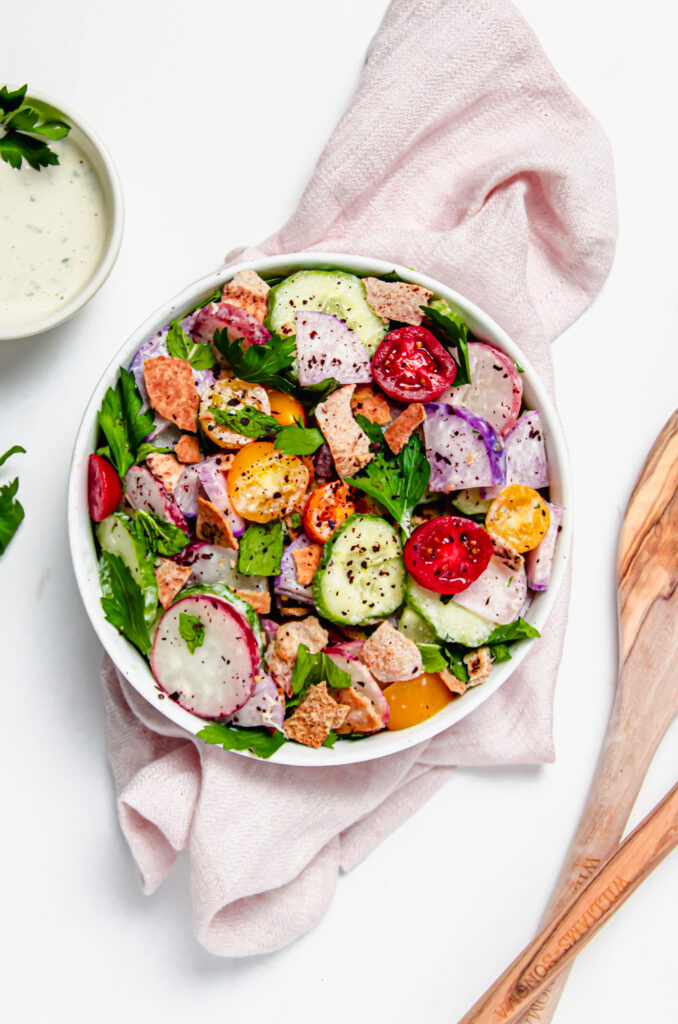Regardless of whether you are trying to eat to support your hormone health, lower inflammation, boost your cellular health or just make your skin glow, nourishing your body with nutritious food is your foundation.

My nutrition philosophy is that a well-rounded diet with a variety of whole, colorful foods, that supports a healthy microbiome and that doesn’t eliminate food groups (unless you have sensitivities) will give your body the nutrients needed to thrive. You cannot feel and look your best if you aren’t giving your body what it needs to thrive and function properly.
Food is not just fuel – it’s information for our bodies. It’s not science fiction – how you nourish your body provides the building blocks for your cells, and quite literally can change the expression of your dna (known as epigenetics). This is why I believe nutrition is your foundation – every time you eat is an opportunity to do something beautiful for your body (hence – eat beautifully).
I promise that if you start to be more mindful about your approach to eating, and follow these foundational nutrition principles, you will see positive changes in your body, your skin, your energy levels, mind and your mood!

1. Prioritize Protein
Protein is an essential structural component of your cells, tissues and all hormones. Sufficient protein can boost metabolism, increase fat burning and will help repair, build and maintain muscle. Getting sufficient protein also becomes more critical as we age. As you get older you progressively lose muscle mass. Keeping muscle mass is also critical for hormone health as your muscles act as a “sponge” for glucose, helping to keep you from becoming insulin resistant.
It is important to understand that not all protein is created equal. In general, its best to try to get your protein from whole food sources (think a chicken breast versus protein bar). A high-quality plant or whey protein powder can be incorporated if you find yourself falling short of your protein goals.
Prioritize grass-fed, lean meats, wild-caught, low mercury fish (salmon), pasture-raised chicken, turkey and eggs and organic non-GMO tofu and tempeh. Aim for 1 gram of protein per pound of your goal body weight.
2. Increase Your Fiber
Fiber is vital for digestive health, blood sugar regulation, and maintaining a healthy weight. Fiber (which is actually a carb!) is a critical component in whole food carbs that slows the release of sugan into the bloodstream. Fiber is essential for a healthy gut bacteria and supports digestion.
Regardless of your age, fiber is critically important to help with the excretion of excess hormones. There’s an area of your gut called the estrobolome which helps remove excess estrogen. Women need to make sure they are getting enough fiber to help with that removal to avoid becoming estrogen dominant. The recommended daily intake is 25 grams a day for women but I’d recommend shooting for 30 – 35. This is another reason women need to make sure they are eating enough whole food carbohydrates – if you eat extremely low carb or no carb, or a lot of processed foods which typically strip fiber, it will be incredibly difficult to get enough fiber.
3. Get Green
Green leafy vegetables (e.g., kale, spinach, romaine, chard, arugula) are one of the most essential foods for good health. Greens are the most nutrient dense foods on the planet. This is the most important food you should try to eat everyday. At LEAST 3 cups. Put a handful of baby spinach in your smoothie, have a salad at lunch or before dinner, sauté some greens with dinner. It is not as hard as you think!
4. Sulfur is a Beauty Compound
Sulfur is one of the most beneficial compounds in the body – especially for women as we age. It plays a an integral role in detoxification. Sulfur is the precursor to glutathione one of the most powerful antiaging antioxidants. Sulferous foods also are rich diindolylmethane (DIM), a sulfur compound that helps regulate estrogen levels. On a daily basis be sure to load up your plate with veggies like kale, broccoli, brussels sprouts, cauliflower, bok choy and cabbage.
5. Drink and Eat Your Water
Water is an essential element that is essential for our cells. Being dehydrated can affect all aspects of our health from energy, to moods to our skin. Before you do anything in the morning, start your day with at least 16 ounces of water (preferably room temperature with lemon). While you often hear about drinking “8 cups a day” consuming water-rich plants and fruits – like cucumber, watermelon, lettuce and berries – is another way to stay hydrated. Plus, by eating water-rich fruits and vegetables, you are not only staying hydrated but are filling our bodies nutrients, vitamins and minerals that are digested more slowly.
6. Don’t Be Afraid of Healthy Fats
Dietary fats are essential for helping the body absorb fat-soluble nutrients. They also keep you more full because they take longer for your body to break down. Healthy fats also contribute to better skin and help support our brain function. Try to eat “whole food fats” such as avocados, nuts such as walnuts, almonds or cashews, or flax seed, chia seed and hemp seed. Only use oil that comes from whole-plant sources such as cold-pressed olive oil, avocado oil or virgin unprocessed coconut oil.
7. Eat the Rainbow
The more colors you eat, the wider array of nutrients you are getting. Plant pigments are not just to add pretty color, they are sources of anti-aging and disease-preventative antioxidants and phytonutrients. These are nutrients you can ONLY get from plants. You cannot get the same health benefits from eating a poor diet and then taking a multi-vitamin. At every meal look for ways to incorporate different colors into your plate.
8. Limit Added Sugars
Excess sugar is a major contributor to chronic disease. Sugar slows down the body’s ability to burn fat, slows metabolism and drives inflammation in the body (which can lead to disease or skin disorders such as acne). It is not the sugar in fruit, that you add when cooking or in the occasional snack, but the sugar found in processed foods and sodas/beverages that you should try to avoid. Added sugar should be limited to 25 grams (or 6 teaspoons/day) and even less for children. It is important to read labels and look at added sugar as it can sneak into foods very easily.
9. Feed Your Gut
The bacteria in our guts (which outnumber our cells 10 to 1!) not only digests food but also affects our brains, how we fight off illness, our metabolism, digestion, skin health, hormones and even mental health. Following the aforementioned steps all help support your gut health. Also try to incorporate a fermented (probiotic) food once a day, such as a few bites of kimchi or a 1/2 cup of kefir, and I promise your body will get what it needs to feel its best! Read more about the microbiome here.
10. Prioritize Whole Foods
Ultra processed foods are engineered to be addictive, are nutrient-depleted and are filled with refined sugars, refined flours, oils, chemical additives and preservatives which mess with your body’s natural signals and are leading to metabolic diseases. Its not always possible to avoid these types of foods, but I encourage you to try to “crowd out” these foods in your diet with whole ones. When possible, fill your plate more with whole grains (grains that are intact like quinoa and farro as opposed to cereal), whole fruits and vegetables. Fill your grocery care with single ingredient foods only found in nature. While this may be overwhelming at first, learning how to create a robust foundation with fresh whole, meals, will help you reclaim and maintain your radiance at any age. I work with clients to figure out how to incorporate more of these foods into their daily diets.
Let’s Work Together
While this may be overwhelming at first, learning how to create a robust foundation with fresh whole, meals, will help you reclaim and maintain your radiance at any age. Check out my recipes in the nourishment section. I also work with clients to figure out how to incorporate more of these foods into their daily diets. If you want to explore how to work together, click here to set up a 1:1 consultation.


